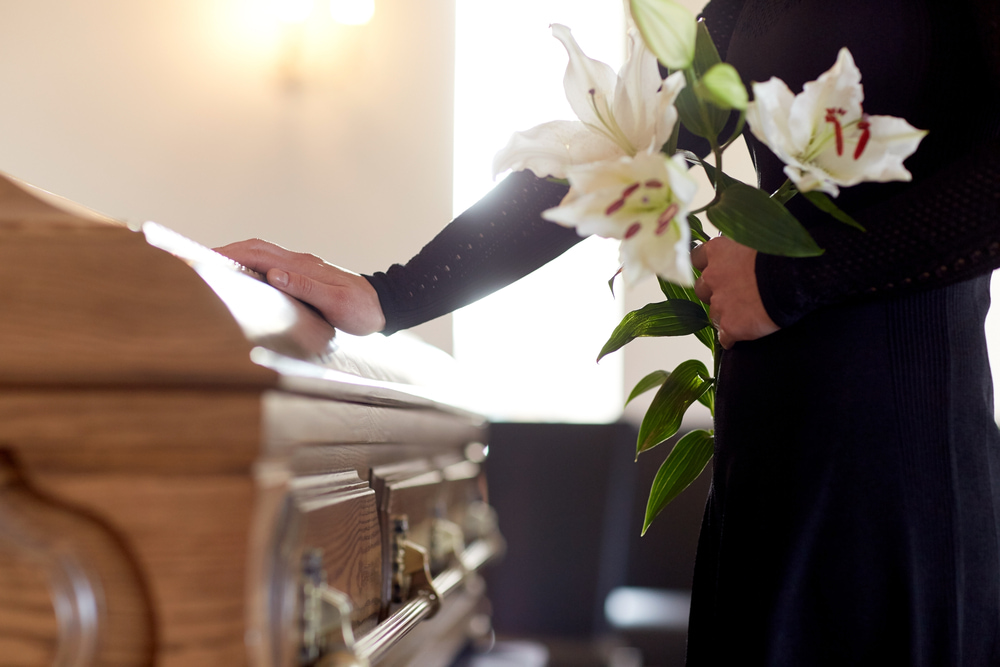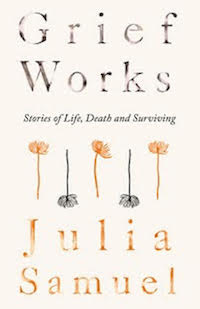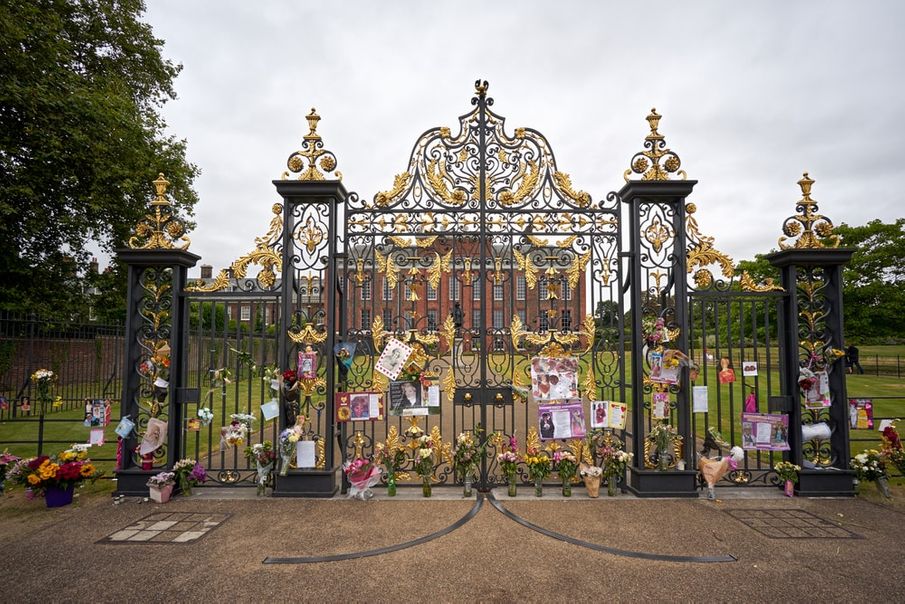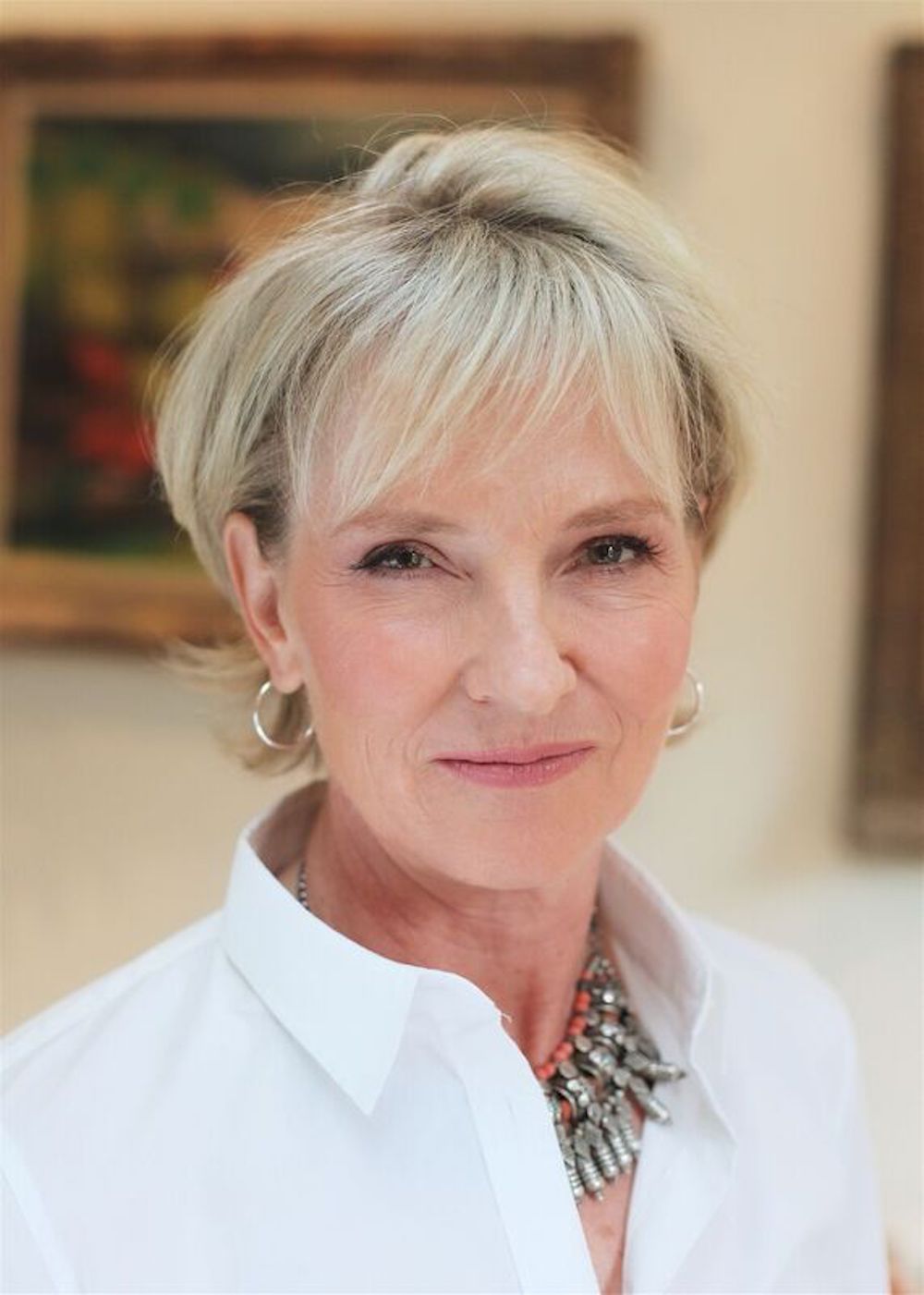The death of a loved one cannot be ignored. Julia Samuel MBE, a psychotherapist, expert grief counsellor and founder patron of the charity Child Bereavement UK, speaks with Happiful about how children process grief, the false hope that technology can ‘beat death’, and how our pain can be an agent for change
Writing | Jake Hamilton & Kathryn Wheeler
Julia Samuel
There is a kind of magical thinking which makes people fear if they think or talk about death, that it may hasten their death or the death of the person they love. Nowadays death is very hidden away in hospitals; medicine and technology are so successful there’s a false hope that we can beat death. Death just isn’t part of life any more, as it was for centuries before.
Their sense of being misunderstood and their sense of loneliness. That grief is harder and more painful than most of those around them realise.
Partly because of my family history, my parents had experienced many losses that weren’t acknowledged, and also random chance that the first voluntary post I had was for a bereavement organisation.
Children need as much truth as adults about death, but in age appropriate language. What they don’t know they make up, and that is often more frightening than the truth.
I think as a therapist I have to recognise my own feelings and experiences, and let those both inform my response. It’s important to ensure however that I don’t make assumptions, even if what the patient experiences is a similar loss to myself or others.
I’m founder patron of Child Bereavement UK. With Jenni Thomas as founder, I worked to establish and launch the charity because I could see that how people were spoken to, the information they were given and the support they had following a bereavement, had a profound effect on their outcome.
It’s a complex and sensitive concept but what we know from research and experience is that children need as much truth as adults but in age appropriate language. What they don’t know they make up, and that is often more frightening than the truth.

We need to give children the support and care for them to express their sadness and to have all those feelings of grief, as well as opportunities to be a normal child who plays and has fun. We do need to listen to children as much as we listen to adults, because even if they look ok, it doesn’t necessarily mean that they feel ok.
That is such a hard question because every case has its own particular impact on me, and I do remember them all, but I guess the most tragic are when children die from accidents or misadventure, which is so tortuous for the whole family.
That pain is the agent of change, and it is what we do to avoid the pain that often causes us most harm, sometimes for generations.
The love of others is the single most important predictor of a good outcome when we are grieving, so for families to find ways of talking openly and honestly to each other, and to do what you can to let yourself receive the love and support of those around you.

Grief is totally unique, and yet there are many universal aspects of it. I’ve been told many thousands of times from readers of my book that within the 14 case studies I’ve written in Grief Works, people see many aspects of themselves, and it helps them to understand themselves with more clarity. Some people use it as a manual for themselves and their family.
In thinking back over my 25 years’ experience as a therapist, it clarified for me that we will all one day grieve someone we love, and face our own mortality. The more we can think and talk about it while we are alive and well, the more understanding and compassion we will have for ourselves, and others, when that happens.
I hope they have a clearer understanding of what grief is, how to manage their own grief, and the power of love and listening when facing grief.
Julia will join a group discussion on the effects and stages of grief at London’s China Exchange on 7 November, as part of the Pureland Series. The discussion will be compered by ITV News presenter Tom Bradby. For more details visit www.purelandseries.com
Grief Works by Julia Samuel (Penguin Life, £14.99).



Comments